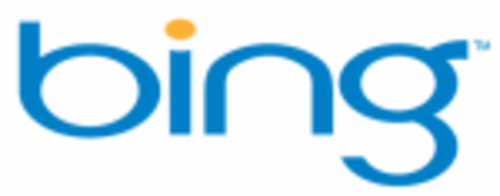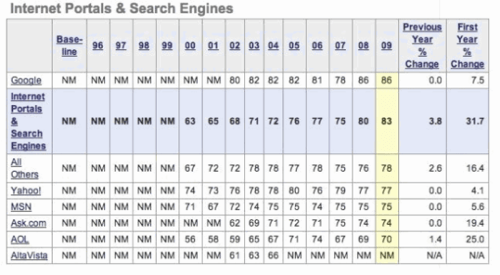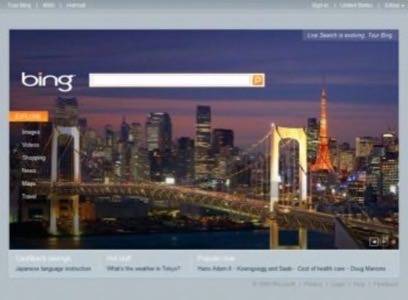According to the results of a new survey by the American Consumer Satisfaction Index, Google’s users are extremely happy with their search engine. Google scored 86 points out of a possible 100, followed by Yahoo with 77 points. It is important to note, however, that this survey was conducted before Microsoft’s Bingarrived on the market, so the current numbers would probably look different. In this survey, Microsoft’s Live Search received 75 points. However, while the numbers might be a bit old, they clearly show the problems Bing faces in a marketplace where most consumers are perfectly happy with Google.

Just last week, we had a chance to talk to Stefan Weitz, Microsoft’s Director of Bing, and he immediately acknowledged that this was one of Bing’s most pressing problems. Users are simply satisfied with the search results they are getting right now and don’t see the need to switch. Going to Google is simply a habit that is hard to break.

Breaking the Habit
According to Weitz, this is why Microsoft decided to brand Bing as a ‘decision engine’ and not just as a search engine. Microsoft wants to get consumers into the habit of demanding more from a search engine than Google can currently deliver. This explains Bing’s current focus on shopping and travel, for example, where Bing generally delivers superior results.
In order to gain more traction in a marketplace that is driven by habit, however, Microsoft also partnered with a number of hardware manufacturers to make Bing the default search engine on new computers, for example. Of course, the ubiquitous marketing campaign for Bing has quickly made the new search engine a household name, though as these survey results show, that alone won’t be enough to drive a substantial number of users away from Google if the search results on Bing don’t live up to users’ expectations.
Bing and Yahoo
So far, this campaign seems to be working well enough. According to comScore, Bing is now close to a 9% share of the search market, up from Live Search’s 8% in May. Once Bing also takes over Yahoo’s search, these numbers will probably top 25%. It is also important to note that most users already use more than one search engine and are now becoming more and more familiar with Bing.

Another positive sign that the Bing team has noticed is that a growing number of users have started to recommend Bing to friends and family, and when asked to name a search engine, the number of users who bring up Bing unaided has also risen dramatically. As we pointed out last week, Bing Shopping is also growing rapidly.
Demand More
Of course, the Bing team is also not just sitting at home twiddling their thumbs and resting on its laurels. Microsoft will continue to update Bing over the next few months and continue to differentiate itself from its closest competitors.
We agree with Weitz that consumers should probably expect more from search engines than just a simple list of links. We will have to see if Bing will succeed to break most users’ habit of just going to Google as their default search engine, but, if anything, it will drive Bing’s competitors to stay on their toes and continue to innovate as well.

















